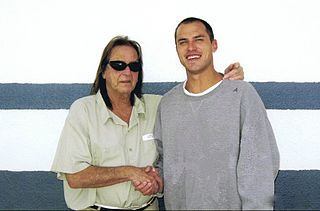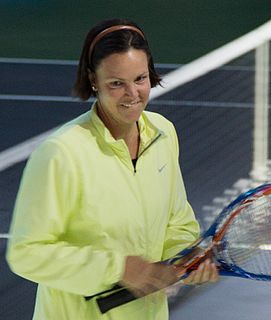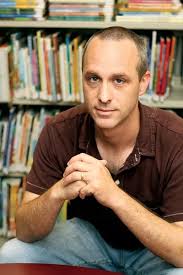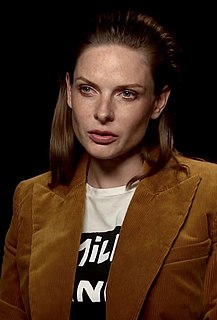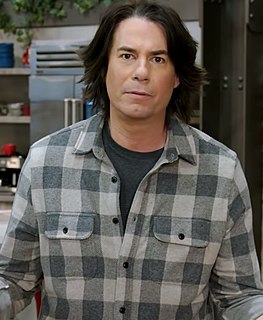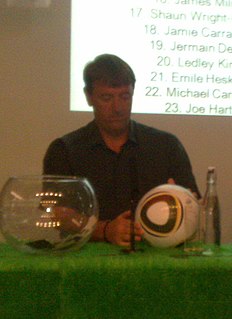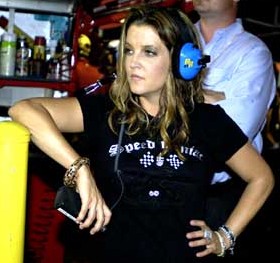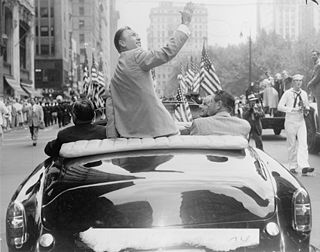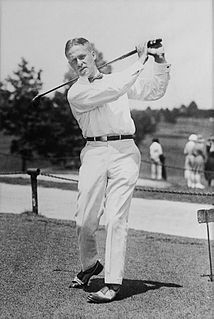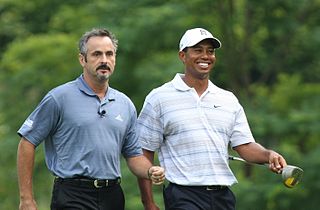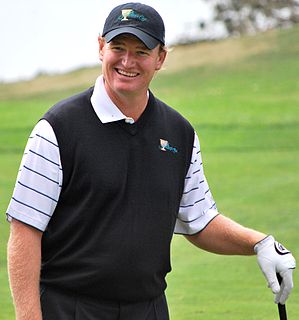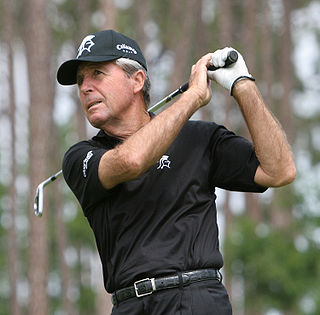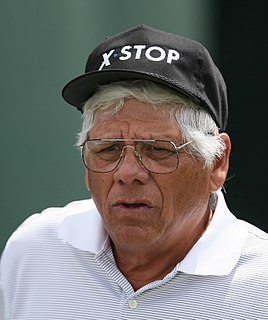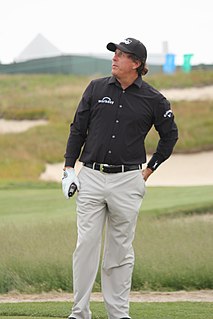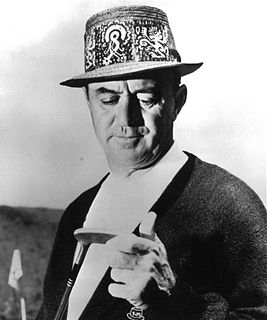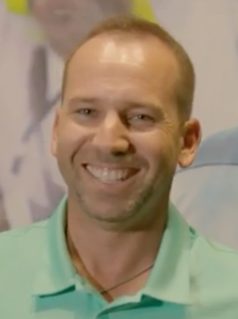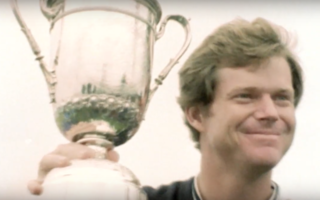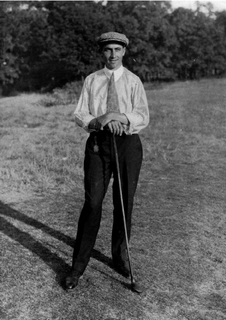A Quote by Tiger Woods
I stopped living according to my core values. I knew what I was doing was wrong but thought only about myself and thought I could get away with whatever I wanted to.
Related Quotes
I think when you start to do well and get your confidence back, everything becomes more fun. When you're playing with not your full capacity of confidence, I think things get a little tough. I knew I could be doing better than what I was doing. Even though I was ranked 5 or 4 or whatever it was, I wanted to get back to the level I thought I could play at.
I was just sort of young and went with the flow. It wasn't like I was 6 and knew I wanted to be an actor. I was thinking more along the lines of, I'm 6. When I was 20 I realized, I've never really thought about what I want to do. So I took a bunch of time off, stopped answering my phone, stopped doing anything. I'm pretty sure this is what I want to do, but I needed to be sure. It took me about two years to come around.
No sooner had he thought this than he realized what was anchoring his happiness. It was purpose. He knew what he wanted to do. He knew the way he thought things should be, and Mr. Harinton was proving that other people--even adults--could feel the same way. Nicholas had something to aim for now. He might not know what he wanted to be when he grew up, but he knew with absolute certainty how he wanted to be.
It was time to expect more of myself. Yet as I thought about happiness, I kept running up against paradoxes. I wanted to change myself but accept myself. I wanted to take myself less seriously -- and also more seriously. I wanted to use my time well, but I also wanted to wander, to play, to read at whim. I wanted to think about myself so I could forget myself. I was always on the edge of agitation; I wanted to let go of envy and anxiety about the future, yet keep my energy and ambition.
I was naive in that I thought I could just sing and perform and do what I had always wanted to do all my life. But I wasn't ready for all the added dramas that came along. There were times I fell out of love with music and thought about walking away. I thought I was happier when I was that girl at home in my bedroom singing into my hairbrush.
The alternative of hypothetical universalism, according to which Christ's work is sufficient for all but efficient only for the elect, was alive and well in early Reformed thought. Moreover - and importantly for our purposes - this view was not regarded as an aberration but as a legitimate position that could be taken within the confessional bounds of Reformed thought. But that means that the Five Points aren't the non-negotiable conceptual core of Calvinism after all.
When the media would call and want to interview me, I thought it was 'cause they really wanted to find out what I thought about things. I thought it was because they really wanted to find out who I am. That's not what they wanted. They already in their minds knew who I was and they didn't like it, and they wanted face-to-face opportunities to expose my defects and my problems and my racism and bigotry and all this.
When Levin thought what he was and what he was living for, he could find no answer to the questions and was reduced to despair; but when he left off questioning himself about it, it seemed as though he knew both what he was and what he was living for, acting and living resolutely and without hesitation.

